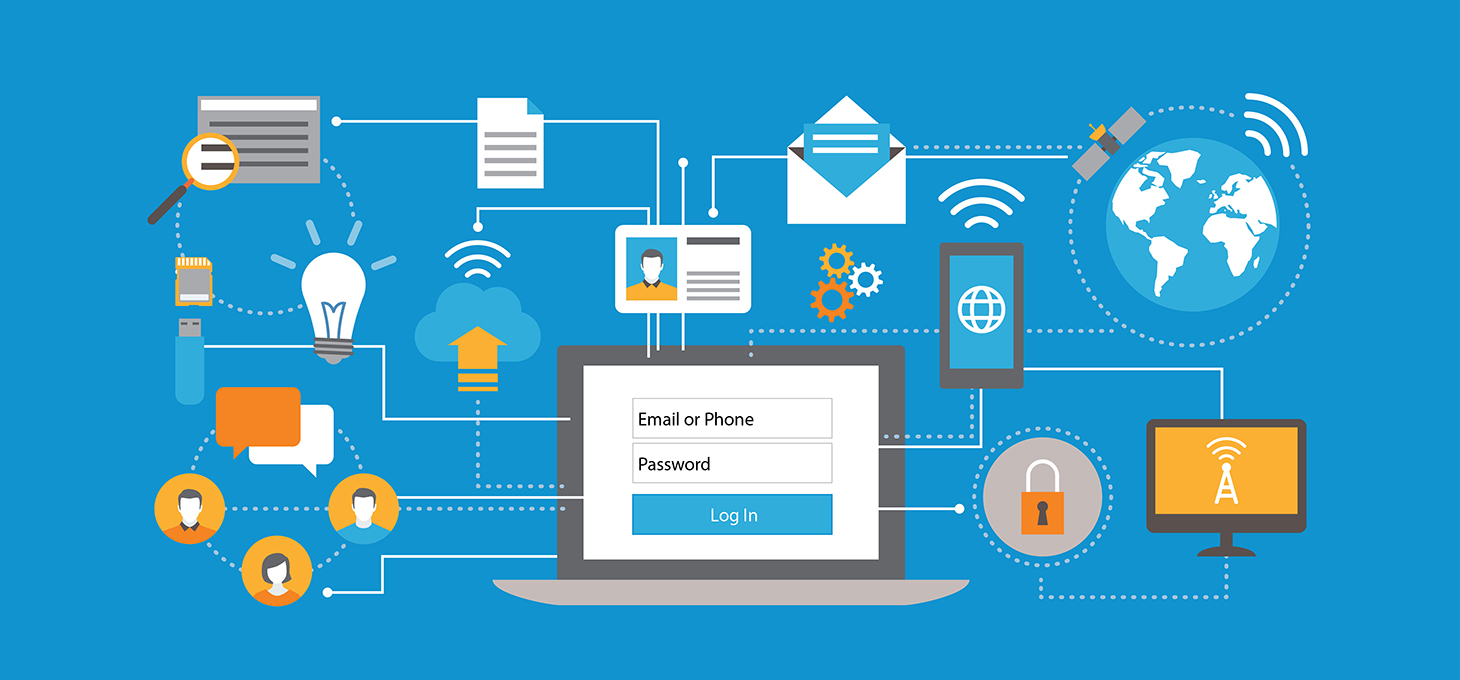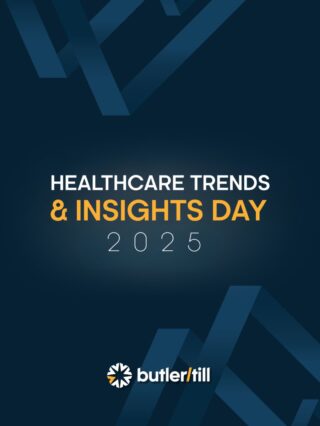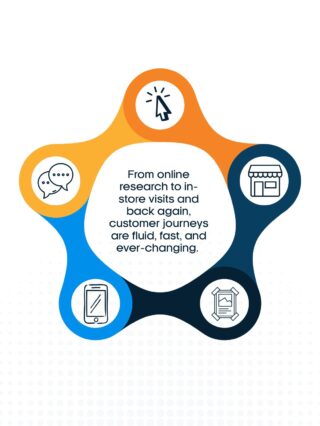While there will be no immediate impact on Facebook campaigns, the incident has increased consumers’ existing concerns about privacy and increased the likelihood that there will be future legislation regulating how online platforms collect and manage consumer data.
So, what exactly happened? How was the data “stolen” and how was it used?
In 2014, Cambridge University researcher Aleksandr Kogan created a personality quiz app called “This is your Digital Life” using Facebook’s API. About 270,000 people downloaded it, enabling Kogan to collect Facebook data including likes, birthdays, and locations on these users and their network of friends and family. Facebook users opted in to share their data with the personality test app in return for compensation and were told that the data would be used for academic purposes. However, what they were not told was that the app would collect data on their entire network of friends and then be sold to a third party. Cambridge Analytica, a political consulting firm, would ultimately use this data to help politicians influence voters in multiple US elections, as well as the vote on Brexit in the UK.
After Facebook updated its API user agreement in 2014, they noticed the data leak and requested that Cambridge Analytica dispose of the data–but didn’t follow up to ensure that this action had been taken. It was later revealed that Kogan wasn’t the only one doing this and several other companies had taken advantage of this loophole before Facebook put a new user agreement in place. Facebook’s failure to make this public knowledge in a transparent and timely manner is what has landed them in the Congressional hearings that took place last week.
Will there be any effect on my Facebook campaigns that are currently running?
Any data breach will not directly affect how advertisers target within the Facebook platform. However, there is an increasing air of distrust among Facebook users and for the first time since its inception, monthly user numbers have gone down. Facebook is still by far the most popular social platform with 2 billion monthly users (followed by Twitter with 330 million monthly users), but if the social media giant doesn’t take the proper steps to make its users feel safe about their data and how it is used, the downward user trend could continue.
With more than 2 billion users, even if a million people left the platform, that would only be 0.05% of its user base. Many people point out they would not want to delete Facebook since it is essential to stay in touch with their business and social networks, and admit that they have no real alternatives. At the end of the day, deleting your Facebook account does not address the underlying problem. So, it is likely that a majority of any given advertiser’s audience will still be present on the platform, but the end user is a bit more informed about how much data can be collected on them. We could see a decline in their willingness to engage with advertising and/or data collecting apps within Facebook.
How will this affect my ability to reach my target audience in the future?
It’s not likely that this data breach will have a significant effect on targeting segments built out within Facebook. The unknown here is what types of regulations and restrictions will be forced upon Facebook by governments both here and abroad. The other unknown is how much traction this story may gain with end users. Although it’s unlikely that a significant dent will be made in Facebook’s user base, boycott efforts and distrust might still influence the effectiveness of ads within the platforms as well as the overall reach to certain audiences.
What’s the likelihood of regulation and how would that affect advertisers?
Throughout the hearings, Facebook founder Mark Zuckerberg emphasized that he is not against the idea of Facebook becoming more regulated and he also pledged to work with policymakers on proposed rules. He talked about supporting digital-advertising regulations and called it “the Honest Ads Act,” a bipartisan bill that would propose online advertising becoming regulated the same way print, radio, and television ads are. Senator Lindsey Graham asked Zuckerberg if he thought Facebook had a monopoly, pointing out the acquisition of Instagram in 2012. Zuckerberg said it did not feel that way to him. He later added, “The real question, as the internet becomes more important in people’s lives, is what is the right regulation, not whether there should be or not.” Graham then encouraged Zuckerberg to submit proposals to Congress, adding that “one way to regulate a company is through competition.” But as we mentioned earlier, the truth is that Facebook really doesn’t have much competition in the space. If there was a mandated “opt-in,” how would that potentially limit my target reach?
Might Facebook move to a paid platform?
Essentially, by agreeing to the current terms and conditions of having a Facebook profile, each user has already opted-in to allowing their data to be used by advertisers for targeting. It wouldn’t be a big surprise if an update to the current terms and conditions is already in the works to more explicitly define the way a user’s data can and will be activated for advertising, but who really reads the fine print anyhow? This is where regulation may play a role in perhaps mandating data collection/sharing consent reminders for users each time they sign in and engage, to make sure they are acutely aware of what they are consenting to.





